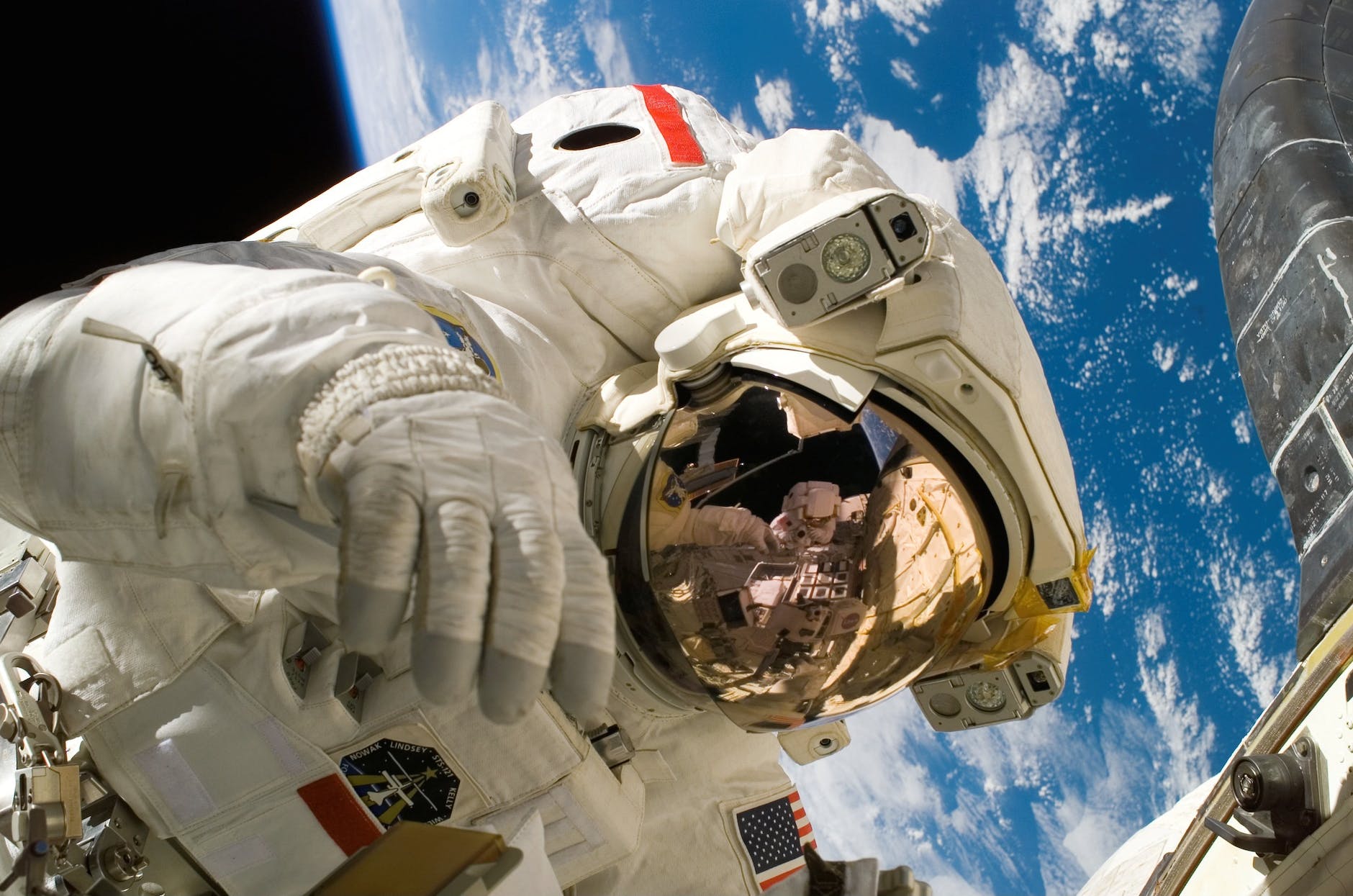
Space
Space technology is a captivating and ever-evolving field that beckons the brightest minds to explore the final frontier. The need for specialists in space technology occupations is growing as the cosmos continues to reveal its mysteries. However, more than just technological know-how is needed to succeed in this profession.
This article will delve into the ten essential qualities that anyone aspiring to excel in space technology careers must possess. These qualities are crucial for success in this exhilarating domain, from adaptability to problem-solving abilities.
1. Innovative Thinking
Space technology is synonymous with pushing the boundaries of human knowledge. Professionals in this industry must think creatively to generate ground-breaking discoveries and create cutting-edge solutions. They must be willing to venture into new territory and take a novel approach to solving issues. Innovation drives advancement, whether creating new propulsion systems or making inventive tools for space exploration.
2. Technical Expertise
Technical expertise is the bedrock of any space technology career. Being proficient in disciplines like astrophysics, engineering, and computer science is crucial. Keeping up with the most recent developments is also essential in this quickly changing sector. To stay competitive and effectively participate in space missions and projects, professionals must constantly broaden their expertise.
3. Adaptability
The challenges of working in the unforgiving realm of space extend beyond the realms of imagination. Professionals in space technology work in hazardous conditions where even the smallest equipment error or run-in with an unanticipated cosmic oddity might result in catastrophe. A vital talent is the ability to adjust to shifting conditions and come up with answers immediately.
4. Teamwork
Teamwork is not just a requirement but a fundamental cornerstone of success in space exploration. The effectiveness of different teams is crucial in the immensity of space, where missions might last years, and the stakes are extraordinarily high. Scientists provide their knowledge, engineers contribute their technological ability, and mission control professionals serve as the mission’s vital link to Earth. Every person is essential to attaining the goals of the mission.
5. Attention to Detail
In space technology, even the smallest oversight can have catastrophic consequences. Experts must pay extraordinary attention to detail when designing, constructing, and managing spacecraft. An individual error in computation might put a whole expedition in jeopardy. The critical analysis of data and procedures with great care is necessary for success.
6. Problem-Solving Skills
In the dynamic and ever-evolving field of space careers, professionals are constantly faced with intricate challenges that demand exceptional problem-solving abilities. Whether it’s devising innovative strategies to mitigate the harmful effects of radiation on astronauts during extended space missions or formulating intricate plans for successful landings on distant celestial bodies, the success of individuals in this field hinges on their aptitude for meticulous issue assessment, the creative development of viable solutions, and the precise implementation of those solutions.
7. Resilience
In space exploration, individuals are subjected to extended periods of isolation and extreme environmental conditions. This demanding environment necessitates physical toughness and emotional and psychological resilience. The ability to withstand the challenges presented by the cosmos and maintain sound mental health is paramount for space professionals. People must possess resilience to accomplish the demanding needs of space missions and maintain their mental health.
8. Risk management
Space missions can be dangerous due to cosmic radiation, space, and other dangers. It is the responsibility of experts in space technology to pinpoint these possible risks, no matter how elusive, and to develop careful mitigation plans. Every part of the mission, from the spacecraft’s architecture to the procedures for astronaut safety, must be carefully examined to ensure that everything is optimized to reduce risk.
9. Interdisciplinary Knowledge
Space technology careers benefit from a diverse skill set. Professionals should expand their knowledge outside their major subject and learn about allied fields. For instance, a scientist needs to comprehend engineering concepts, and an engineer should have a fundamental understanding of astrophysics. This multidisciplinary knowledge encourages creativity and problem-solving from a broad perspective.
10. Passion for Exploration
Lastly, perhaps most importantly, a genuine passion for exploration is the unequivocal cornerstone of success in space technology careers. Despite overwhelming obstacles, people advance because of their unquenchable curiosity and never-ending hunger for knowledge. Professionals in this sector should have technical proficiency and a deep feeling of amazement and wonder at the limitless possibilities that space offers.
Conclusion
Space technology careers offer a unique opportunity to contribute to humanity’s quest for knowledge and exploration. People who want to succeed in this demanding and rewarding industry must be tenacious, meticulous, and passionate about cosmic exploration. Aspiring space technicians may start rewarding professions that advance our knowledge of the cosmos and its potential by exhibiting these traits. Whether you are an aspiring astronaut, engineer, or scientist, these qualities will be your compass in navigating the vast and mesmerizing world of space technology careers.






